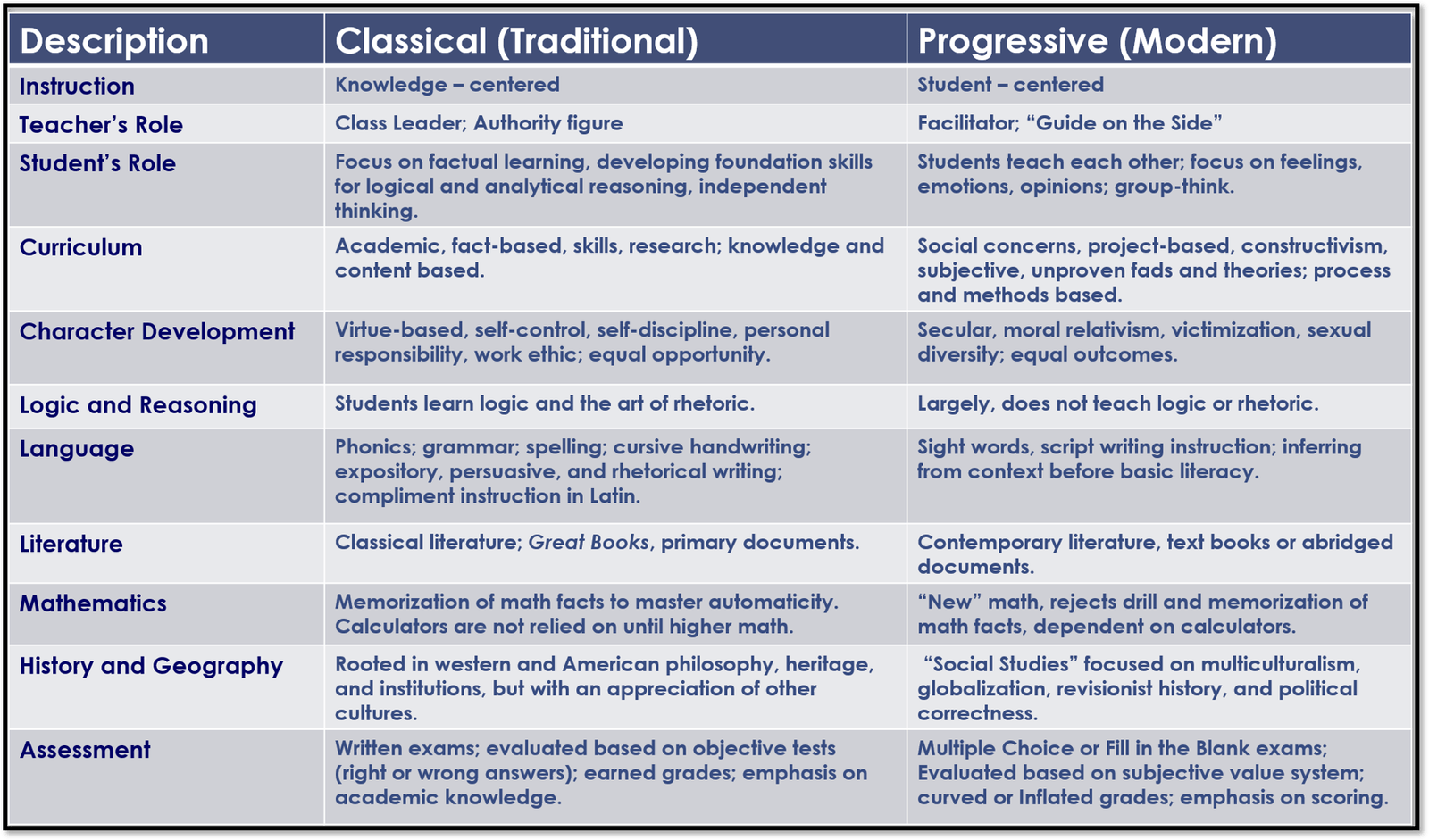Section 1: Classical Education and the Trivium
Classical Education, rooted in the Trivium, follows a three-part process to train the mind. The initial phase emphasizes building a foundational knowledge base. This includes mastering phonics and spelling rules, grammar, poetry, foreign languages, historical and literary narratives, descriptions of the natural world, and mathematical principles. It’s important to note that the subjects listed are not exhaustive, serving as well-known examples. This first phase lays the groundwork for Grammar studies.
Section 2: Logical Thinking and Abstract Thought
As students progress through the second segment of the Trivium, they naturally gravitate toward logical thinking and develop an understanding of the universal law of cause and effect, prompting them to question the underlying “why.” This phase marks the evolution of their capacity for abstract thought, moving beyond the rote learning of facts. It’s a crucial time when students start to lay the foundation for learning from history, delving into the reasons behind events, such as understanding why the constitution was created rather than merely knowing how and when it came into existence.
Section 3: The Rhetoric Stage
In the final segment of the Trivium, often referred to as the “Rhetoric” stage, students refine their ability to write and speak persuasively and originally. This stage also sees a focus on specialization in areas that pique their curiosity. Students are encouraged to explore avenues such as art camps, college courses, foreign travel, apprenticeships, and other forms of specialized training, fostering a well-rounded and skilled individual.
Quadrivium: The Arts of the Number
Building upon the Trivium foundation, the Quadrivium complements the liberal arts by connecting knowledge with the world. While the Trivium is known as “The Arts of the Word,” the Quadrivium can be better understood as “The Arts of the Number.” This system involves the study and practice of arithmetic, geometry, astronomy, and music theory. As students progress through the Trivium levels, they expand their learning through the holistic approach offered by the Quadrivium.






